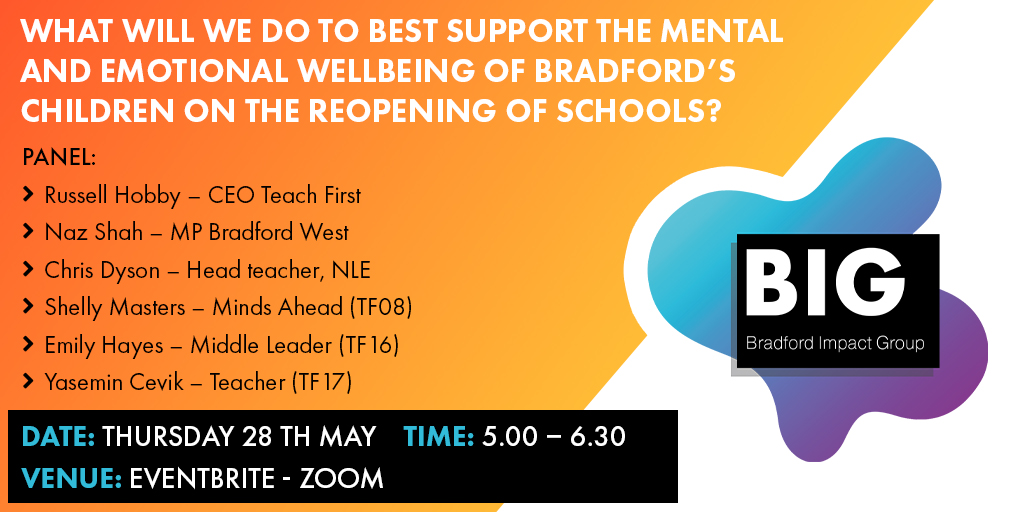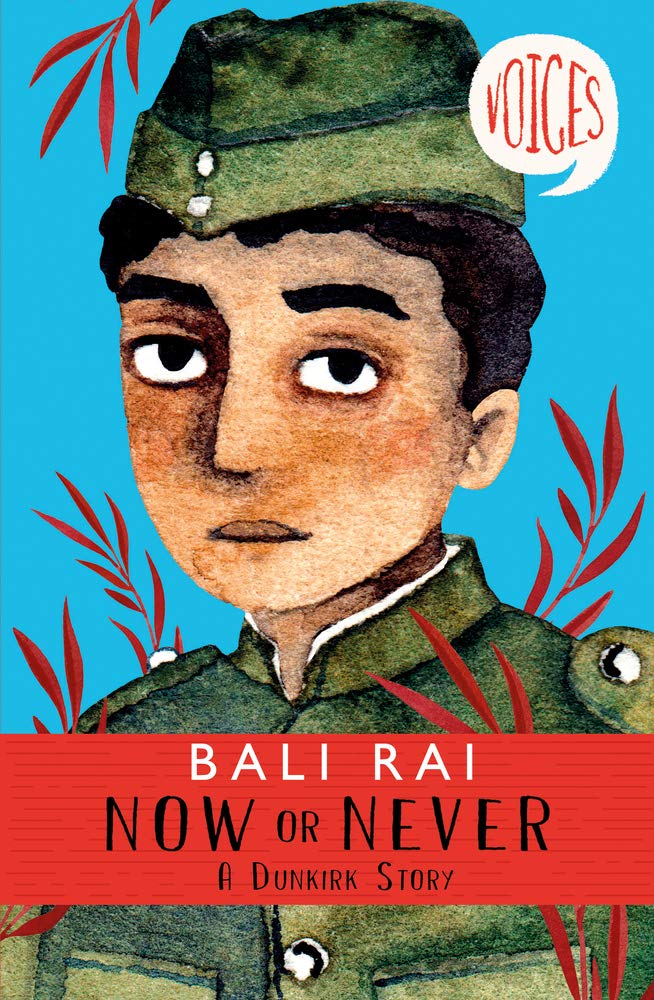And, if you've got even longer, seek out both Akala's 'Natives' and Reni Eddo-Lodge's 'Why I'm No Longer Talking To White People About Race' who both have a little longer to convince you of why it is necessary that we decolonise the curriculum.
If you're still here, and it is OK not to be because the above articles are far more important than my own, I'd like to mull over what we might do to decolonise and diversify the primary curriculum. Writing this way is my way of thinking things through, but it may help some readers on their own journey. It may be that I get loads wrong - in this case I hope I am told I am wrong by those who know better. Hopefully, in the very least, it can be a conversation starter that moves us all on in our thinking, understanding and actions.
For the purposes of this blog post, I have set a starting point for myself of analysing the subject of History, and more specifically, British History.
In the above article Boakye says: "In education, manifestations of structural racism are both dramatic and visible. We can list them: The pervasive whiteness of our curriculum. The lack of criticality towards Britain’s colonial past. The lack of diversity in texts, narratives and voices."
What I want to consider is how we can begin to make meaningful changes to the curriculum we teach. Rewriting a whole curriculum is something that takes time and collective decisions. So, for practicality, first of all I ask, is it possible to adapt our current curriculum in order to better represent the history of BAME people and to begin to deconstruct systemic racism?
In his book 'Black and British', David Olusoga writes: "Black history is too often regarded as a segregated, ghettoized narrative that runs in its own shallow channel alongside the mainstream, only very occasionally becoming a tributary into that broader narrative. But black British history is not an optional extra. Nor is it a bolt-on addition to mainstream British history deployed only occasionally in order to add – literally – a splash of colour to favoured epochs of the national story. It is an integral and essential aspect of mainstream British history. Britain’s interactions with Africa, the role of black people within British history and the history of the empire are too significant to be marginalized, brushed under the carpet or corralled into some historical annexe."
Firstly, if we are considering adapting the curriculum, we really must be serious about avoiding the pitfalls that Olusoga outlines above:
- Black history cannot be optional - it must be insisted on, part of the written, set curriculum, and shouldn't be left to the whims and desires and expertise, or lack thereof, of individual teachers - it almost needs to be set in stone. Why does it have to be there? Look at the last sentence of the Olusoga quote - that's the truth.
- Black history should not be seen as a bolt-on - it should not just be 1 lesson in 12 which, for example, highlights a famous black person from history. This will be seen, whether consciously or sub-consciously, as paying lip service to teaching black history. Students under this curriculum will know that it means that it doesn't matter as much as the other 11 lessons.
- Black history can, and should be, black British history - there are more easily-accessible resources out there to teach about the American Civil Rights Movement, Rosa Parks and Martin Luther King, but we need to to do better than this. Actually, there would be no black American history if it was not for black British history - we, and other European countries, were the colonisers. The Atlantic slave trade should not be taught as disconnected from the ones who made it all happen - the British, the Spanish, the Portuguese, the French, the Dutch and the Danish. Teaching slavery as something that only happened in America in the cotton fields is dishonest.
Secondly, we must ask if teaching Black history is the same as truly decolonising the curriculum. Actually, if you take Boakye's quote from above, there is a separation between making the curriculum less 'white' and being more critical of Britain's colonial past.
Simply teaching about Mary Seacole, self-funded nurse in the Crimean War, without exploring her parentage (Scottish soldier father who was stationed by the British empire in Jamaica, Jamaican free-woman mother), and how Jamaica came to be peopled by those of African descent, may well be teaching some aspects of black history, but it is not decolonising the curriculum, or attempting at all to deconstruct systemic racism. It is hiding away inconvenient truths about Britain's not-so-great past. Truths that make us feel uncomfortable - that's if we even bother to question and find out about them in the first place.
To us white teachers, it might actually be quite scary to begin to ask the question Why are there black Britons? After all, it all sounds a bit racist to be even be focusing on the colour of their skin, or their ethnicity. It even feels sort of go-back-where-you-came-from - and most of us don't want to be racist at all.
Olusoga recounts how Stuart Hall, British-Jamaican sociologist, "explained to his British readers that the immigrants ‘are here because you were there’". If we pretend to be colour-blind then we ignore too much. He need to see ethnicity in our curriculum, and we need to interrogate and explain how the history of a black British person is deeply connected to any other aspect British history, particularly colonialism, because it inevitably will be. In carrying out this kind of investigation, both at planning stage as teachers, and with the children during lessons, we will begin to decolonise the curriculum.
But in doing that, we will only begin to decolonise the curriculum. The next step would be to call into question the actions of the British empire. I don't think I'm too naive to think that most children, when exposed to the truths of the British empire's modus operandi the world over, will quite quickly identify the injustices, cruelty and immorality.
However, children will not have the chance to identify the above if teachers do not present it to them. And teachers who have also grown up within the British education system have also fallen prey to its whitewashed curriculum and scarce mentioning of the actions of the empire and its colonists, slave traders and apologists. We teachers must educate ourselves. It won't be enough to download a powerpoint from TES about Harriet Tubman and teach through that one afternoon. We have to know so much more. In order to educate or children we must educate ourselves - I can guarantee that there are very few of us who actually know enough history to really begin to make amends - myself included.
My current action - and I believe sharing our actions is a good thing to do, even if it might seem self-centred - is to read the aforementioned David Olusoga book. Now that I am convinced of the need to see colour, and that the curriculum does need a major renovation, I know I must read incessantly to begin to learn everything that my education has so far deprived me of. As I've read I have already identified lots of interesting case studies which can be brought into the current units of work as set out by the National Curriculum. I have noted areas of the History curriculum that most schools cover which should take in significant portions of history which, if taught and critiqued, would be a good step towards providing a decolonised primary curriculum. I already have some ideas forming of how the curriculum at my school, which is by no means devoid of BAME history, can be vastly improved. I also benefit from standing at a point in time where I am currently writing unit overviews which outline the content of each session within the sequence so find myself well placed to really set things in place which ensure a better curriculum for the future.
At the outset I asked is it possible to adapt our current curriculum in order to better represent the history of BAME people and to begin to deconstruct systemic racism? I'm not sure that in the above ramblings I have actually answered that question. Instead I think I may have extracted from the writings of more knowledgeable people than I some principles that might help me as I continue on my journey to having a decolonised and diversified primary curriculum. It remains my quest to continue to learn, to think and to create in order to come closer to answering that question.
And if the answer to the questions ends up being a no? Well, then I suppose a complete rewrite is in order.
I would love to hear from any readers who have been prompted by any thoughts or questions about the primary curriculum during the reading of this, or indeed during the last few days. I know that my own musings will be hugely enhanced by some collaboration and discussion, and as mentioned at the start, I am open to criticism (although would request, if I may, that it remains constructive and is conducted in a respectful manner). Crucially, I acknowledge the fact that as a white British male, my curriculum design, even after reading books by people who know what they're talking about, might still not cut the mustard - I will need to listen to the voices of those who are most negatively affected by the current colonised curriculum. Please do speak and join with me in this journey.
Next I will most likely tackle the question if it is possible to adapt the current curriculum, in what ways would we go about doing that? in which I will hopefully be able to share some specific examples pertaining to specific units within the primary history curriculum of how the curriculum could be decolonised and diversified. In doing so I am sure that I will be able to share a great many resources that are already in existence, as well as perhaps some of my own ideas.































